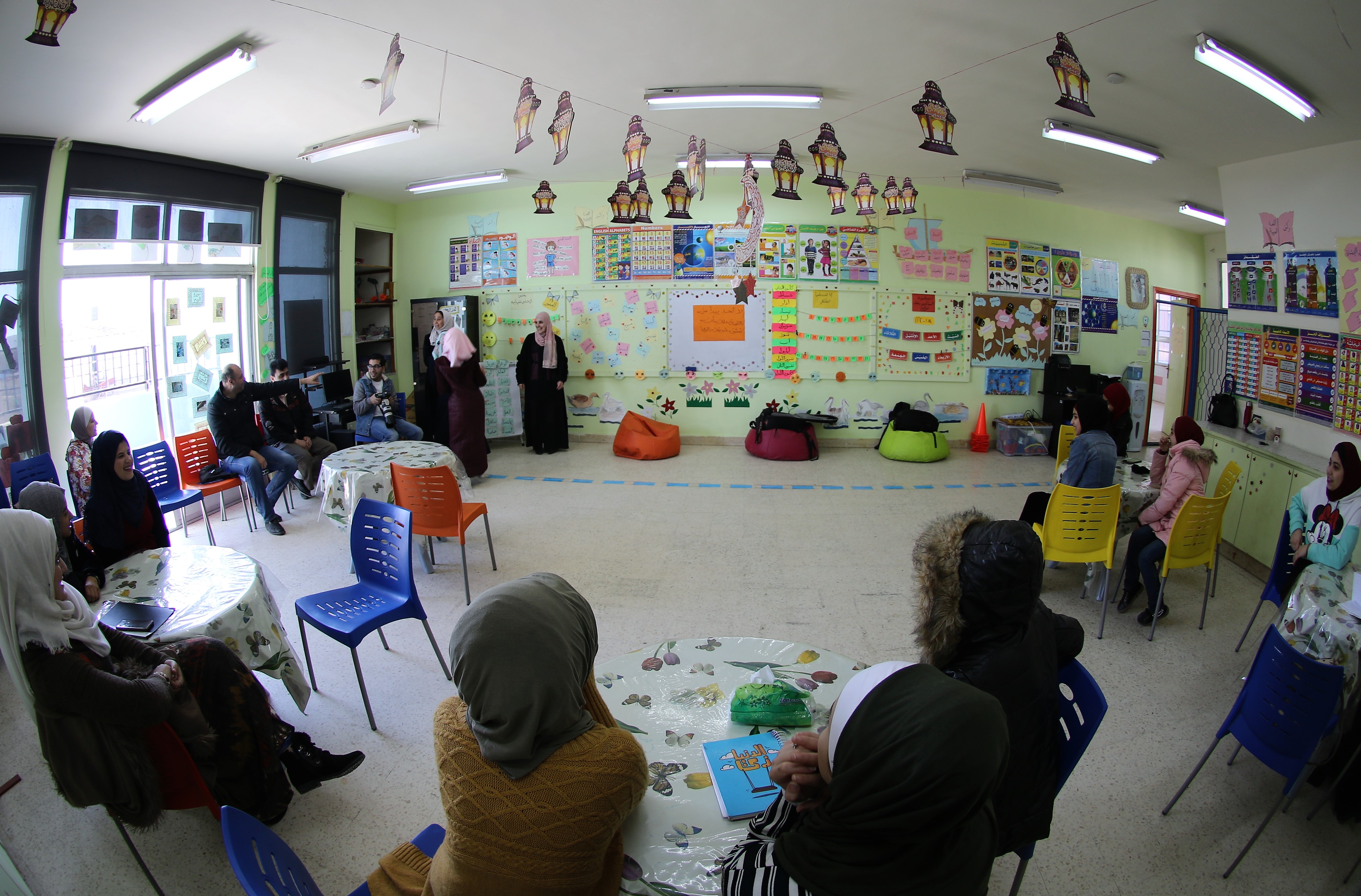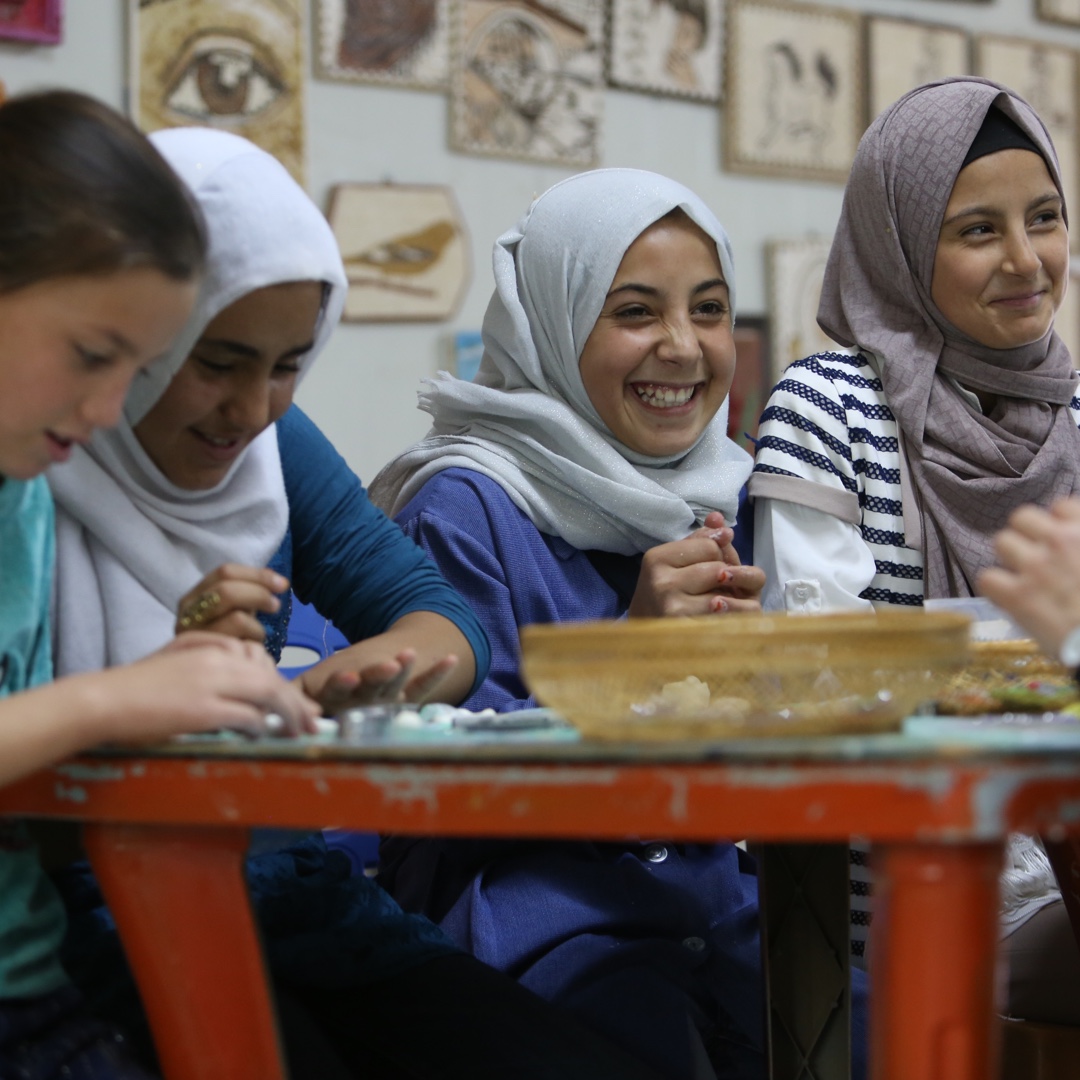
Reciprocal Learning for Change (RLC)
We rethink why young people want to learn, and create space for them to help design and drive their own education. The teacher becomes a facilitator of learning and a personal mentor to students – and everyone learns together.
The Theory of Change in Participatory Learning Methodology (PLM) is designed to generate 3 essential elements for youth-oriented learning:
- If the relationship between facilitator and learner is a true adult-youth partnership, and
- If learning is approached through dialectic pedagogy (dialogue-based interaction), and
- If the learning environment is responsive to learner initiatives (establishing learner “agency”),
- Then the resulting social and emotional culture supports thirst for learning, development of critical thinking, and academic achievement leading to further pathways for study.
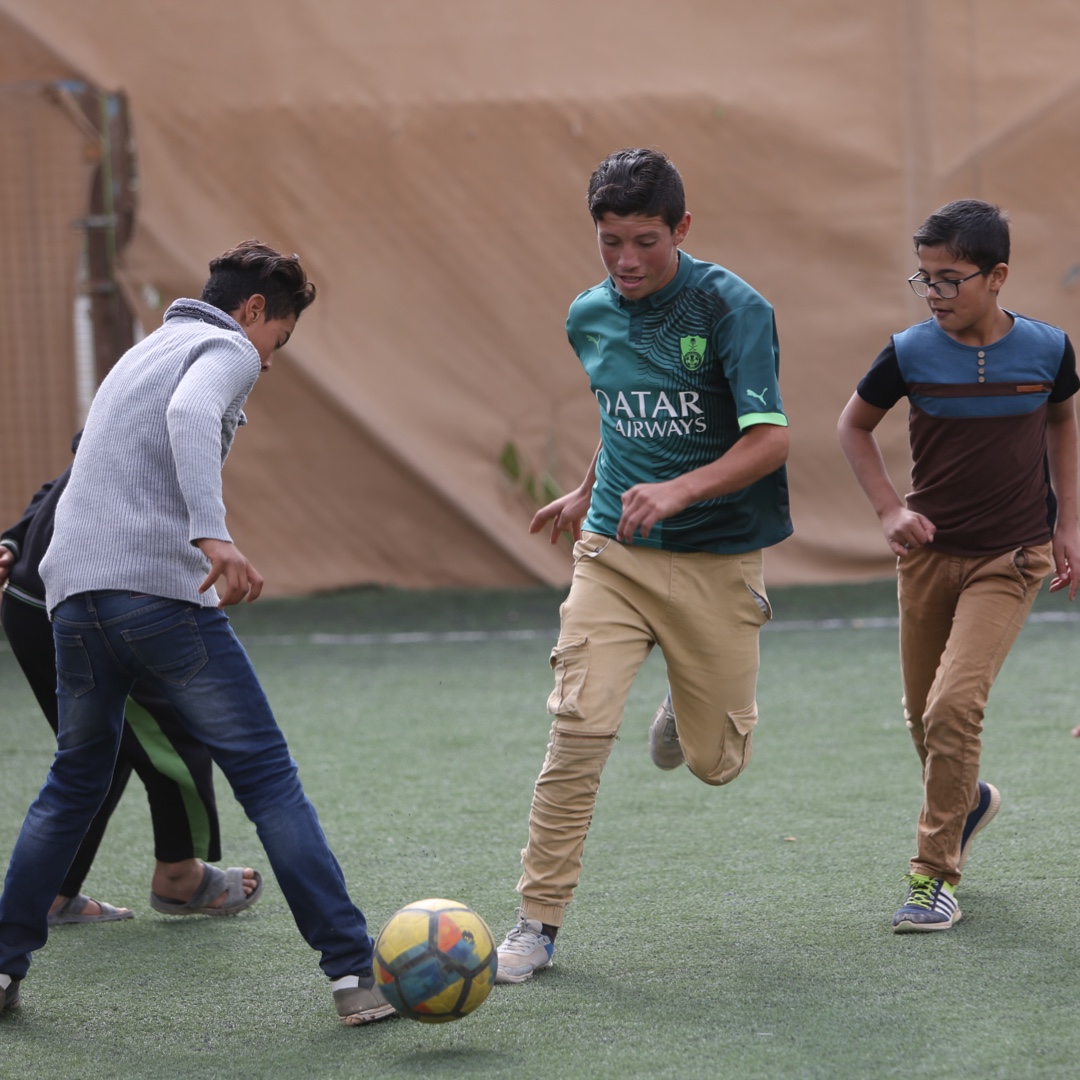
Participatory Reflection and Action (PRA)
A way to learn from and with the local community to understand a problem better. Community members are deeply involved in analyzing data and identifying opportunities to create solutions.
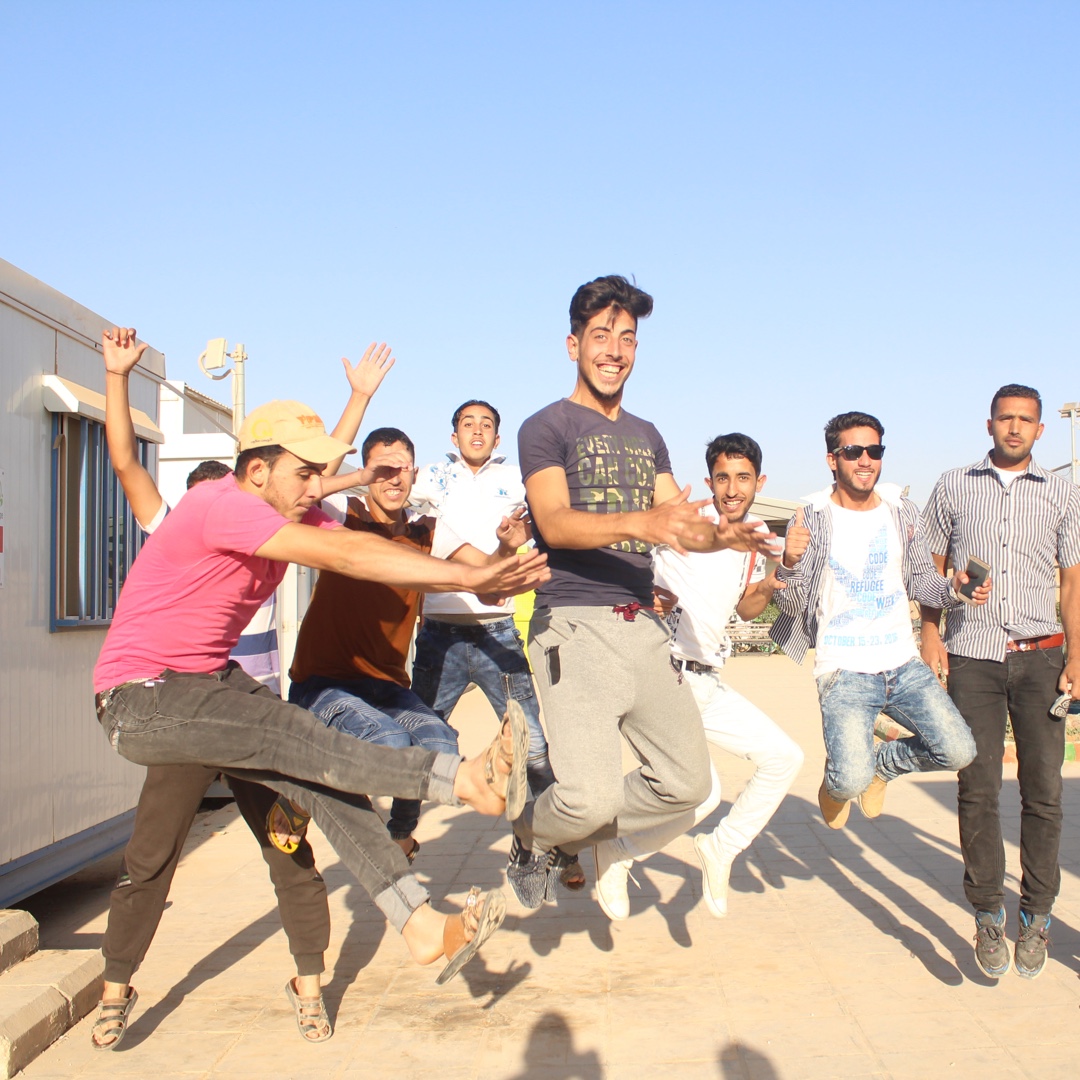
Prosocial Development
We make change possible by introducing new roles for people to work together. Our model fosters change in individuals, builds supportive institutions, and sustains change through a web of improved policy.
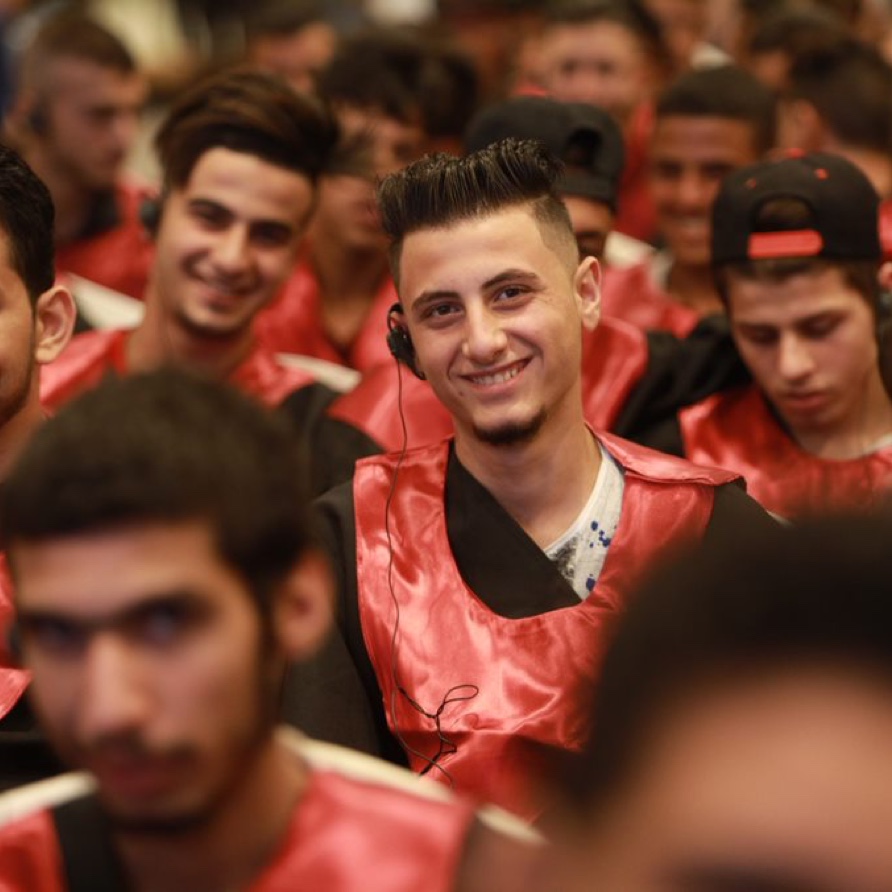
Spiritual Formation
We respond to the need in every human being for belonging, dignity, and meaning. We go deep with those we serve.
Forgiveness -- forgiving and being forgiven – is at the root of true escape from violence, but it takes spiritual preparation to be ready to forgive. The journey of taking small, purposeful steps towards healing, hope, and a willingness to forgive is a hard one that goes better with a friend/spiritual accompanier who shares the anguish, understands the trauma, and moves us away from ourselves toward light and life.
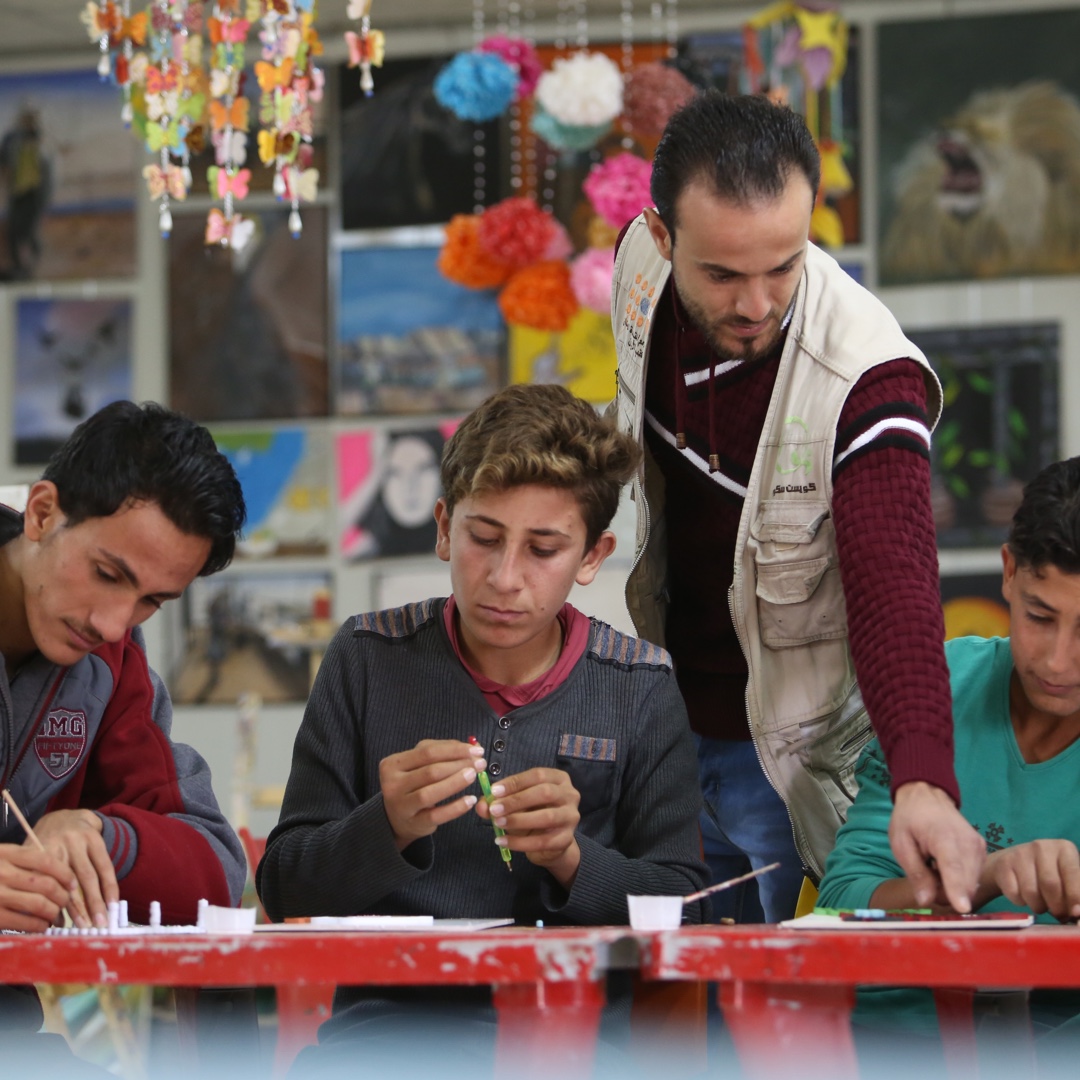
Mentorship
Our ground-breaking mentorship model is designed with the simple belief that everyone deserves a person who believes in them – no matter what. Through these community supported relationships, both mentors and youth are transformed.
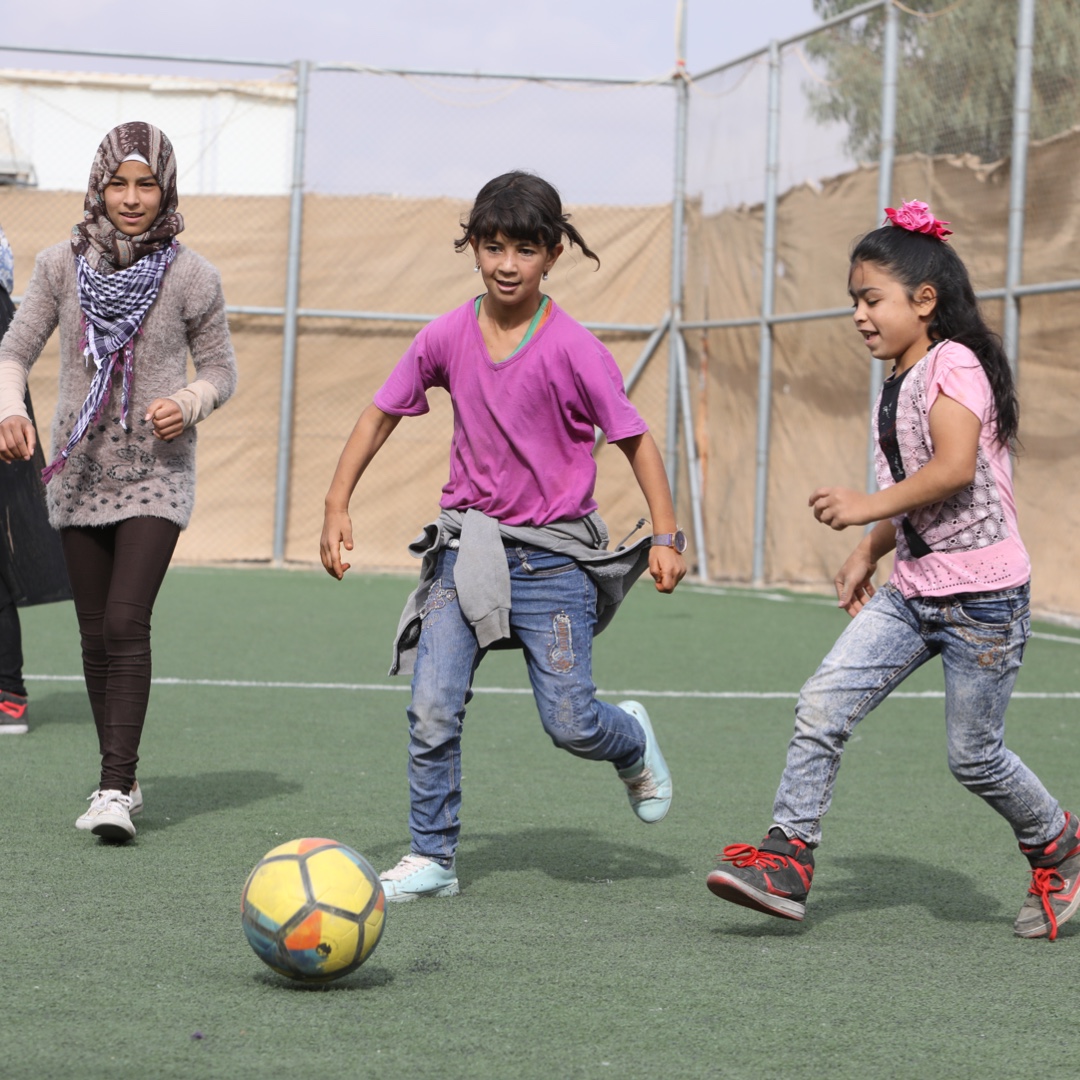
Participatory Learning Methodology (PLM)
The Theory of Change in Participatory Learning Methodology (PLM) is designed to generate 3 essential elements for youth-oriented learning:
- If the relationship between facilitator and learner is a true adult-youth partnership, and
- If learning is approached through dialectic pedagogy (dialogue-based interaction), and
- If the learning environment is responsive to learner initiatives (establishing learner “agency”),
- Then the resulting social and emotional culture supports thirst for learning, development of critical thinking, and academic achievement leading to further pathways for study.

